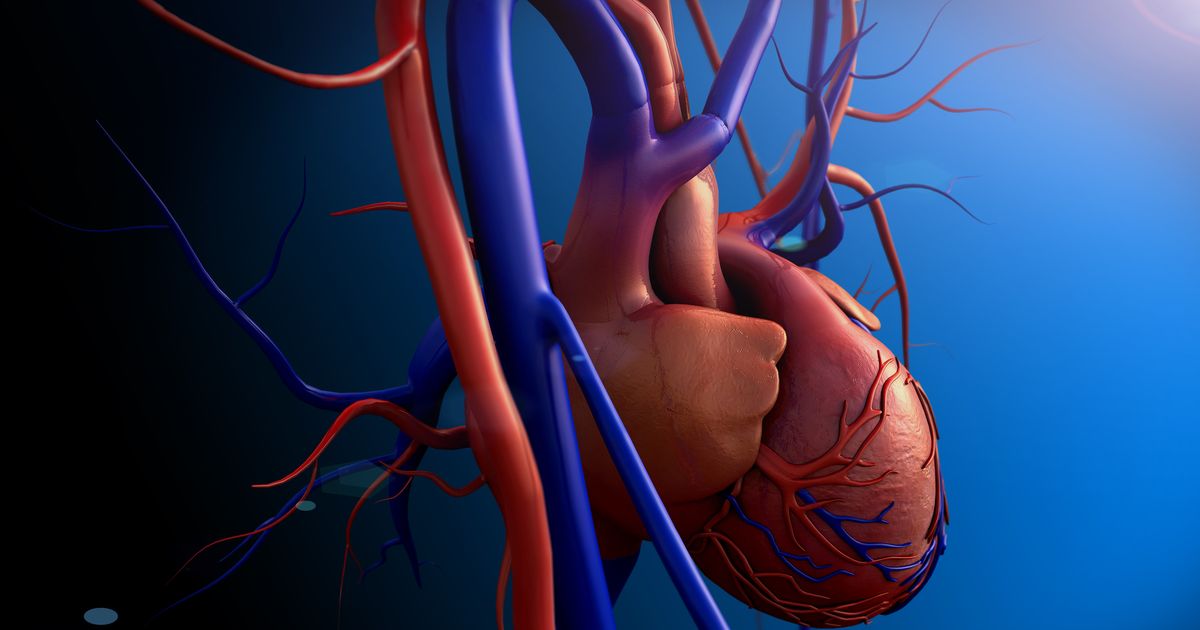What Exercise Stress Tests Evaluate
An exercise stress test works to see how well a patient’s heart responds when they are working it the hardest. This test usually involves putting patients on a treadmill to increase their heart rate. As they are walking or running, the electrocardiogram they are hooked up to will provide the professional performing the test with important information regarding the patient’s heart health. The primary use is to see if the patient’s heart is getting enough blood flow and oxygen when they are engaging in exercise or other types of vigorous activity. This test is typically done as part of a diagnostic series to look for clues that could indicate the patient may have specific cardiovascular health issues.
Measures Blood Flow To The Heart

The heart pumps approximately two thousand gallons of blood per day. If inadequate blood is flowing, it can cause a wealth of health issues in the body. This test works to measure blood flow to the heart to ensure it is operating efficiently. During this test, if not enough blood is flowing to the heart, it can cause a variety of symptoms that are indicative of this, such as shortness of breath, low blood pressure, and chest pain. Poor blood flow may indicate coronary heart disease. This disease increases the risk of a heart attack, which can be life-threatening.
Continue to get to know more about what exercise stress tests evaluate.
Develop A Safe Exercise Regime

All individuals have different needs and limits when it comes to exercise. This is especially true for those with a history of cardiovascular diseases. An exercise stress test is one tool doctors can use to help patients develop a safe exercise regime. After this test, the doctor can see how healthy a patient’s heart is and which types of exercise are likely to be safe. From here, the doctor will create a fitness plan for the patient that considers any limits they may have. An exercise stress test may be repeated after six to twelve months to determine if they can adapt the exercise plan. Exercise often improves overall heart health, so by rerunning the test at a later date, many patients are found to be able to increase their exercise.
Continue reading to get familiar with other measures exercise stress tests evaluate.
Identify Abnormal Heart Rhythms

An exercise stress test can help identify abnormal heart rhythms since it uses an electrocardiogram as part of the test. Throughout the test, the patient’s heart rhythm and rate are being constantly monitored. It is important to note this test will only detect an abnormal heart rhythm if it happens during this test. Abnormal heart rhythms are due to a problem with the electrical impulses responsible for coordinating the beating of the heart. Many factors can contribute to an abnormal heart rhythm, such as thyroid problems, intense stress, coronary artery disease, and hypertension. This problem can occur in the atria or the ventricles of the heart. Heart failure and stroke are possible complications, depending on the type of arrhythmia someone is experiencing.
Keep going for more on what these tests can evaluate.
Determine Risk of Coronary Heart Disease

Exercise stress tests can help determine the risk of coronary heart disease, as they can see if not enough blood is flowing to the heart. Reduced blood flow to this organ can indicate this disease. The coronary arteries can become diseased or damaged reducing their capacity to deliver blood to the heart. The most common reason they become impaired is inflammation and plaque deposits associated with high cholesterol. High blood pressure, diabetes, smoking, and a sedentary lifestyle can also contribute to this disease. When left untreated, patients are at a higher risk for chest pain, heart failure, heart attack, and abnormal heart rhythms.
Understand more about what exercise stress tests evaluate.
Recovery From Surgery And Injury

If an injury or surgery requires a lot of bedrest, several heart-related issues are a concern. These include high cholesterol, heart disease, and high blood pressure. This test can evaluate recovery from surgery and injury by determining if the patient’s blood is flowing adequately. It can also aid in determining if they have high blood pressure. All of these issues can contribute to a stroke or heart attack. If these issues are found through an exercise stress test, the patient’s doctors can help find ways to make them more active while still allowing for a safe recovery. This test might also be done before various cardiac surgeries to determine if the patient can withstand the stresses that come with cardiac surgery.